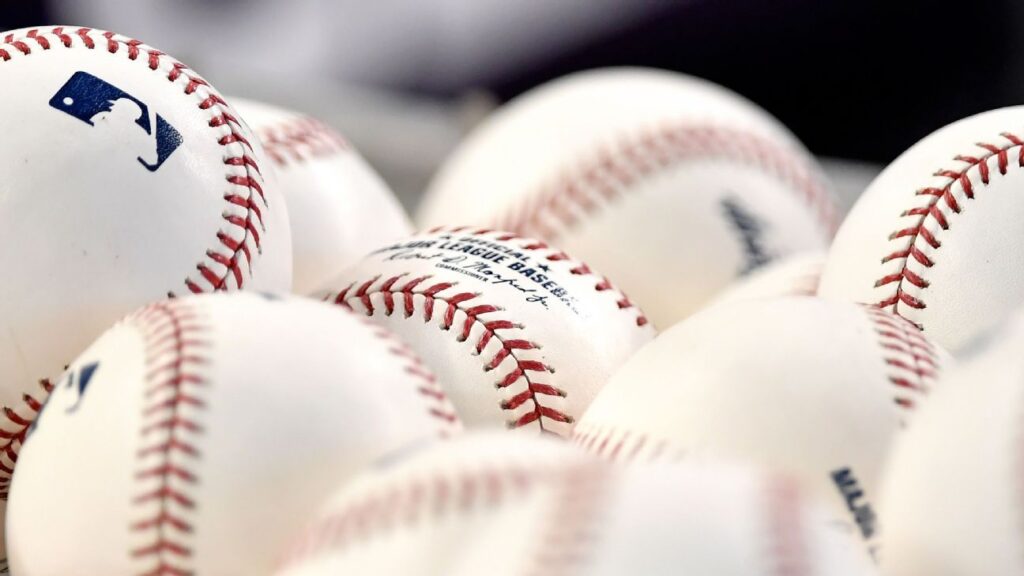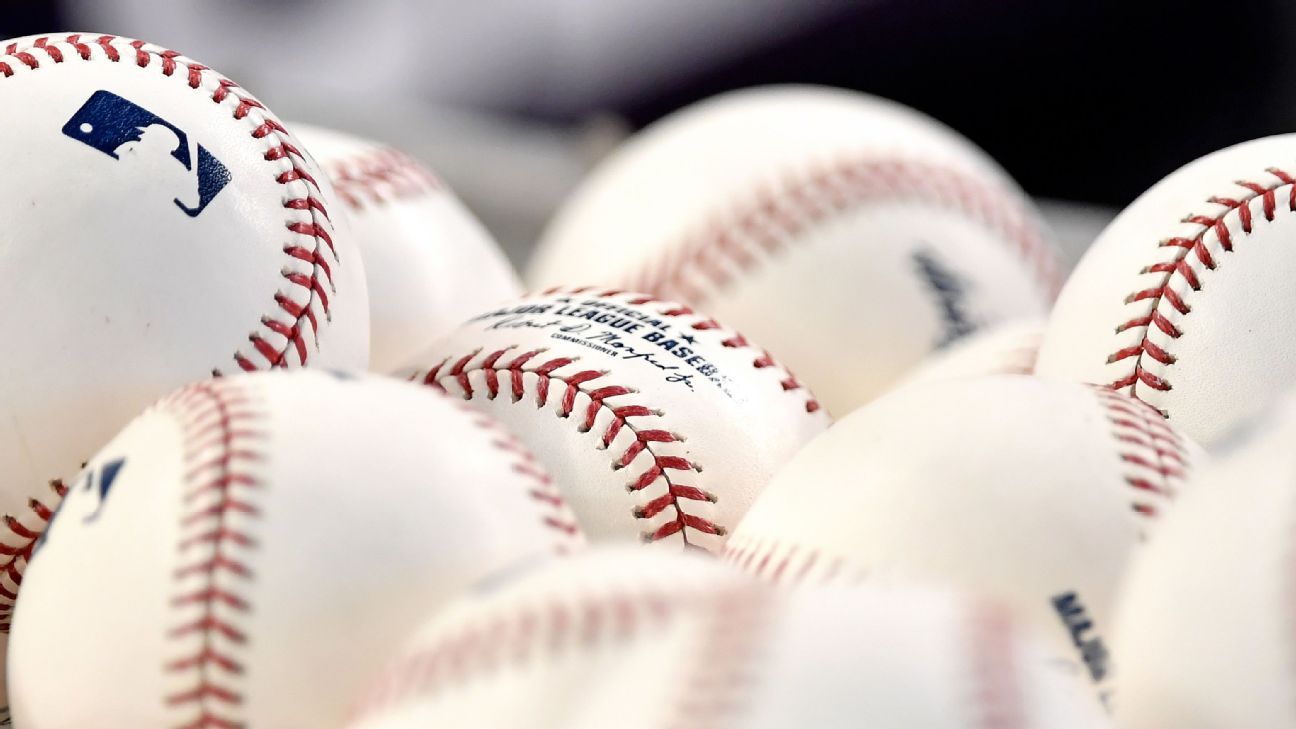Source: Change will help keep Ohtani’s bat in play
MLB and the players’ union have agreed to rule tweaks, a source confirmed — including keeping the automatic runner in extra…


Major League Baseball and the MLB Players Association have agreed to rule tweaks that will expand rosters, place an automatic runner on second base during extra innings and allow pitchers to remain in the lineup after they have been replaced on the mound, an industry source confirmed to ESPN on Tuesday.
The last of those changes will make it a lot easier for the Los Angeles Angels to keep Shohei Ohtani‘s bat in the lineup on his start days.
The new rules, first reported on by the New York Post, won’t be official until MLB’s owners ratify them with a simple majority next week, the source told ESPN.
Rosters will expand from 26 to 28 from April 7 through May 1 to account for the shorter spring training that followed the 99-day, owner-imposed lockout, which has made it more difficult for starting pitchers to get fully stretched out for the start of the season. There will be no limits on the amount of pitchers teams can carry in April, but they will be restricted to 13 beginning May 2, according to the Post. The automatic runner on second base in extra innings — also implemented in an effort to prevent the over-usage patterns that typically portend pitcher injuries — is currently planned for only the 2022 regular season, making this the third consecutive year it is in play.
The new designated hitter rule is planned for the life of the collective bargaining agreement, which runs through 2026. Essentially, a pitcher who also hits would be listed as the DH and can remain the DH even if he is no longer pitching. Ohtani, the Japanese two-way sensation who was voted American League MVP unanimously last year, will be the biggest and probably the only beneficiary, receiving an extra one or two plate appearances practically every time he starts.
The Angels often faced a difficult predicament during Ohtani’s start days last year, balancing the desire to keep his bat in the lineup while also not overextending him as a pitcher. In close games, they often countered by placing Ohtani in the outfield for an inning or two. All told, Ohtani spent 8⅓ innings in the outfield last year — most of them in right field — but never had a ball hit to him. Those days are probably over now, with MLB borrowing from the rule it implemented during last year’s All-Star Game to allow for Ohtani to pitch the first inning and remain in the lineup.




